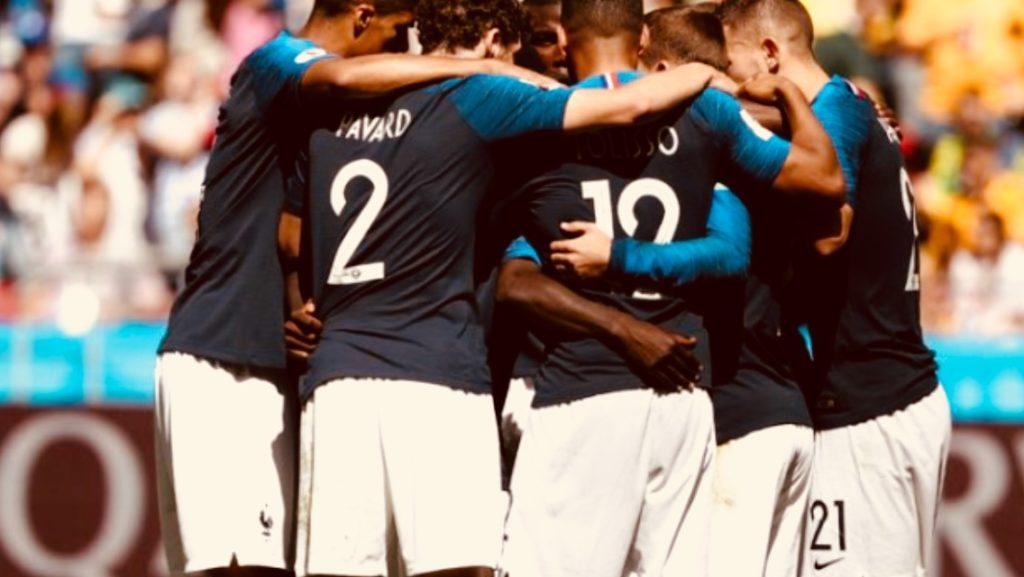

In the wake of their semi-final World Cup defeat to France, Belgium’s goalkeeper, Thibaut Courtois, criticized France, telling Sporza. “I would have preferred to have lost in the quarter-finals to Brazil, at least that was a team that wanted to play football. [France] are just an anti-football team.” France did not win because it was anti-football (and to characterize being anti-football as solely defensive in strategy is of course absurd). We can actually look to France’s championship team for key ingredients about leadership and effective teams:
· Adaptability. France was criticized as having been over-reliant on defense (“anti football”). But a major reason France won was because of their ability to adapt to the changing strategies of their opponent—they happed to play extremely efficiently and defensively against Belgium and more offensively against other opponents. A leader and team’s ability to adapt to changes in the market and environment is critical to success—this “Adaptability Quotient” (AQ) is now being studied, measured and considered to be as important if not more than one’s Emotional or Intellectual Quotient.
· Measured Performance. France won the World Cup as the result of reaching many small goals—i.e. beating (or drawing) prior opponents one by one. The numbers don’t lie: France’s performance was superior. Read more about the accepted Elo rating system to see how France’s 2018 performance was consistent with prior champions. Teams that set and reach their short-term milestones increase the chances of reaching their long-term goals. Breaking down annual goals (and BHAGs) into quarterly or even monthly goals can be an incredibly effective, and more realistic way for a team to stay on track.
· Harnessing Talent. France had the most valuable squad in the tournament, valued at $1.28 billion. Didier Deschamp did an excellent job at leveraging the performance of top talent like Antoine Griezmann and Kylian Mbappé as well grooming the talent of all team members. Teams that create an individual development track for all its members—whether a top or mid-level performer-creates bench strength, motivation and team resiliency.
· Managing Ego’s. Didier Deschamp was able to coach his players to keep their ego in check—he essentially aligned player behavior—and therefore, its core values– on and off the field, Deschamp also protected the balance of the team collective by making tough decisions like side-stepping popular and more ego-centric players like Rabiot and Benzema; this earned Deschamp trust from his players. Effective leadership and teams check ego’s and prize unity.

47865 Comments. Leave new